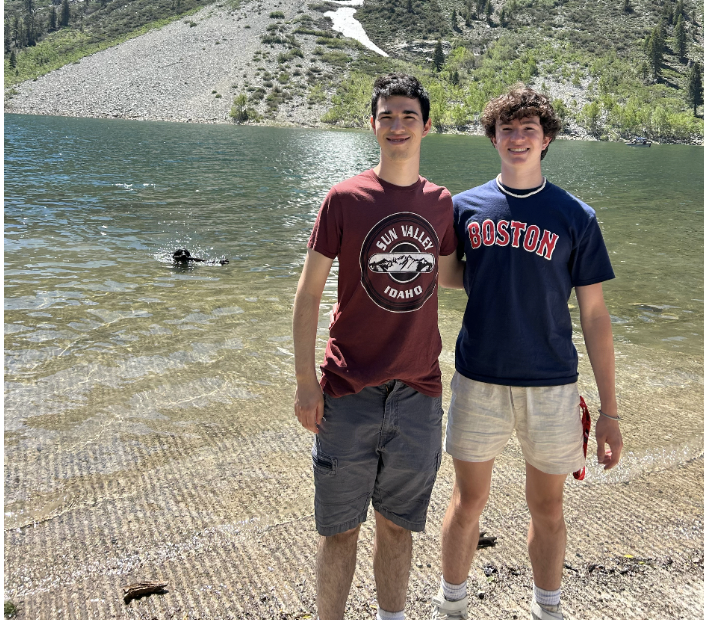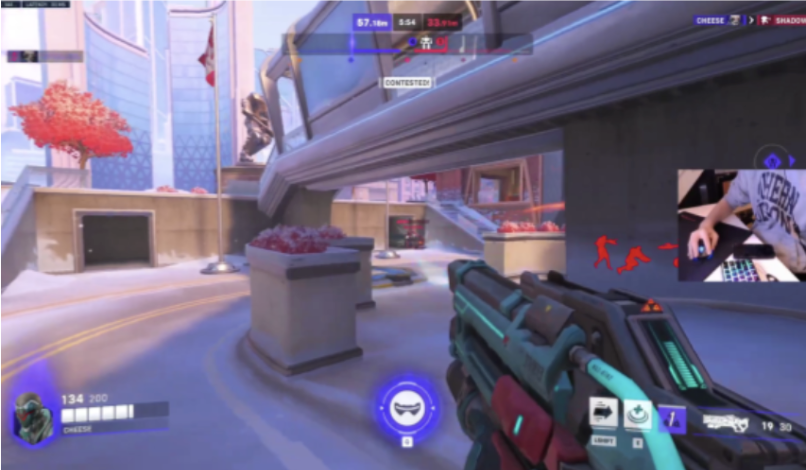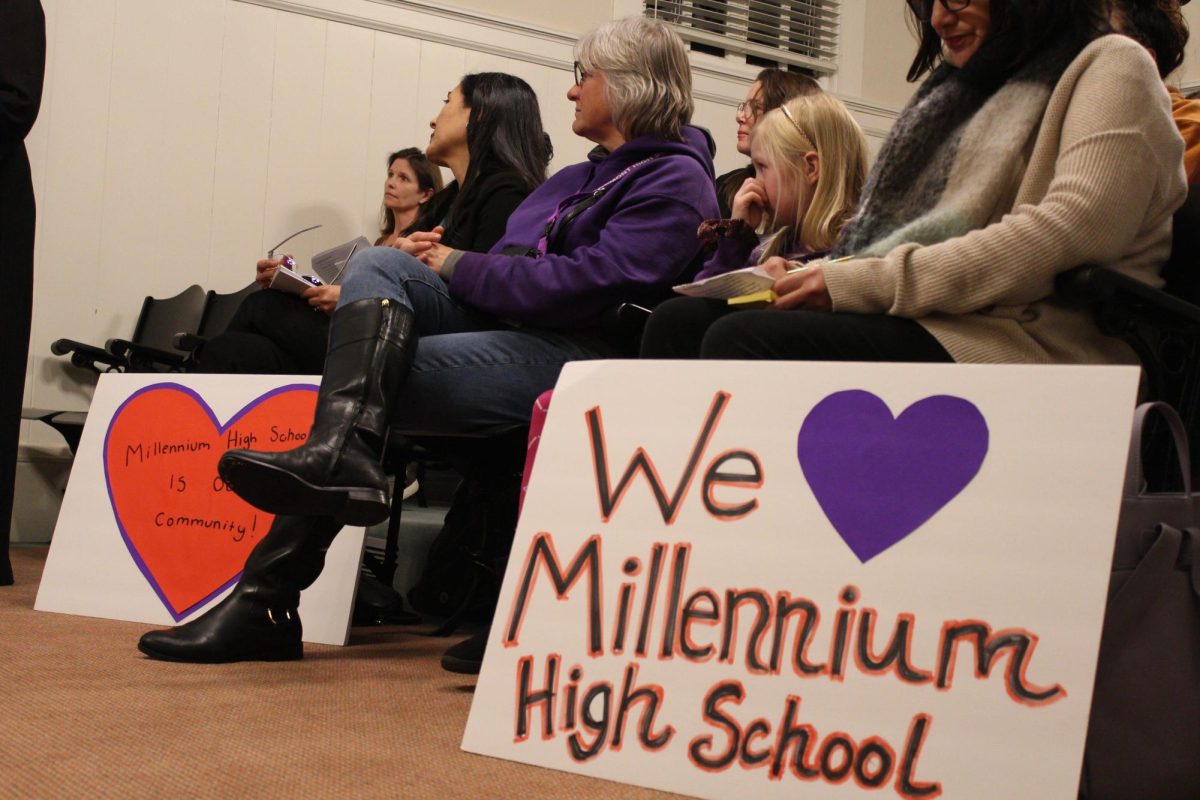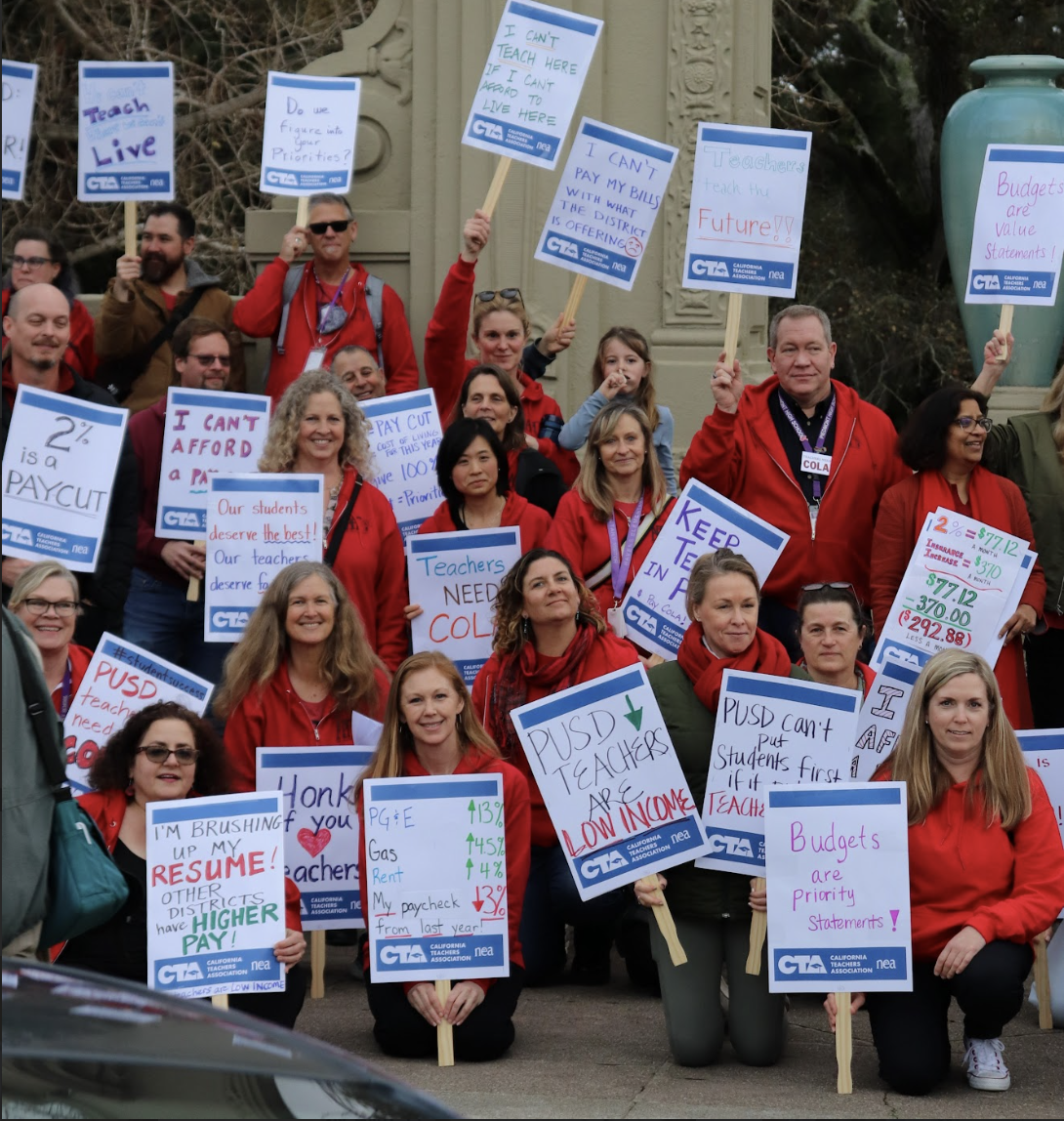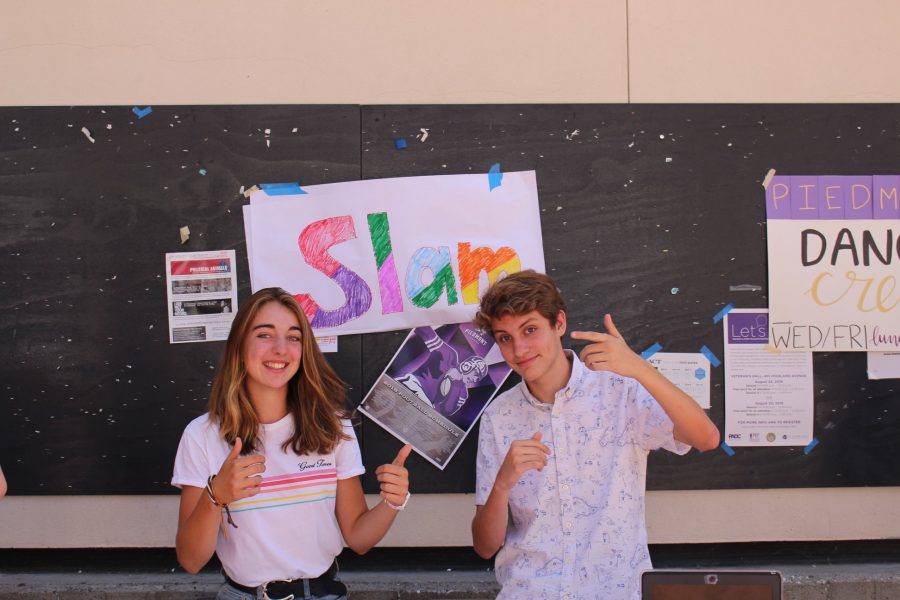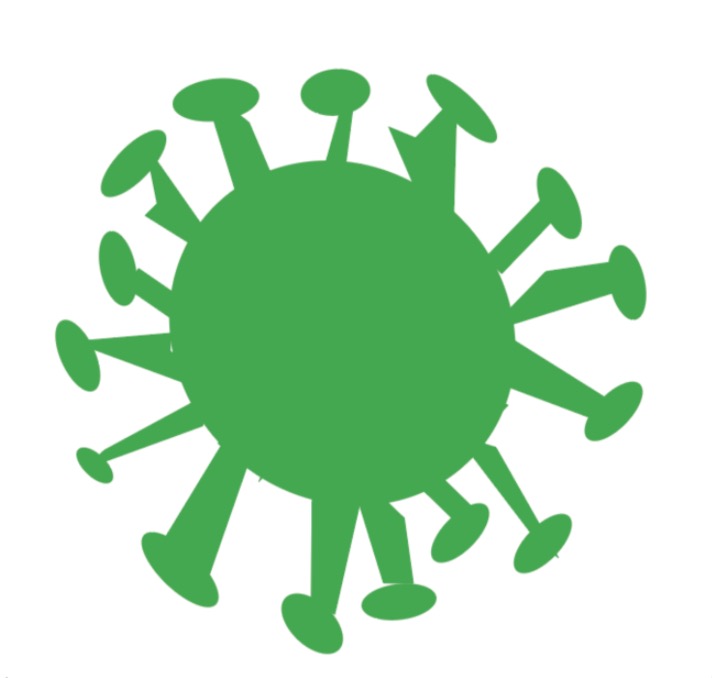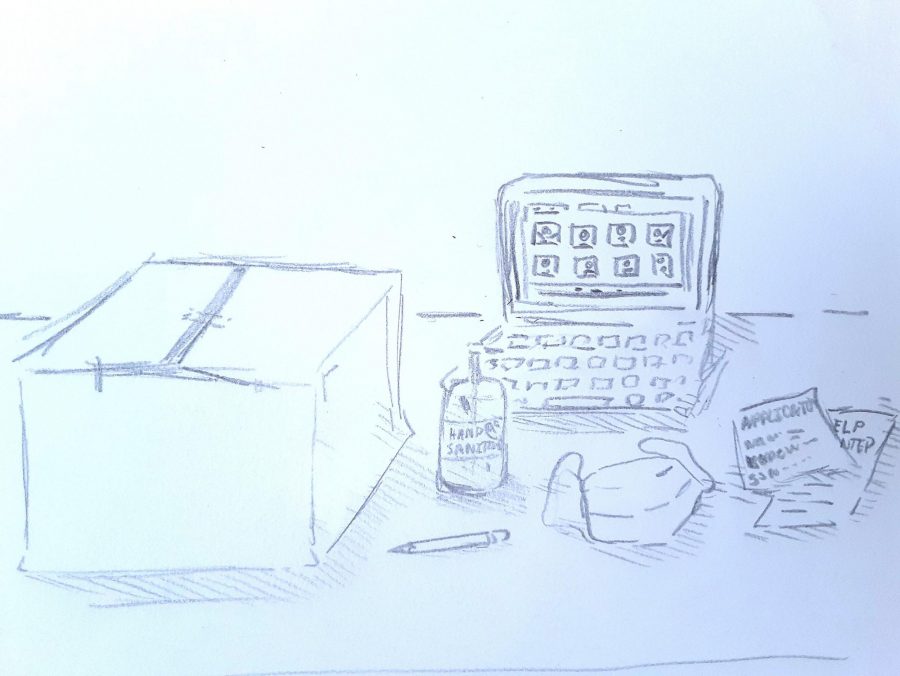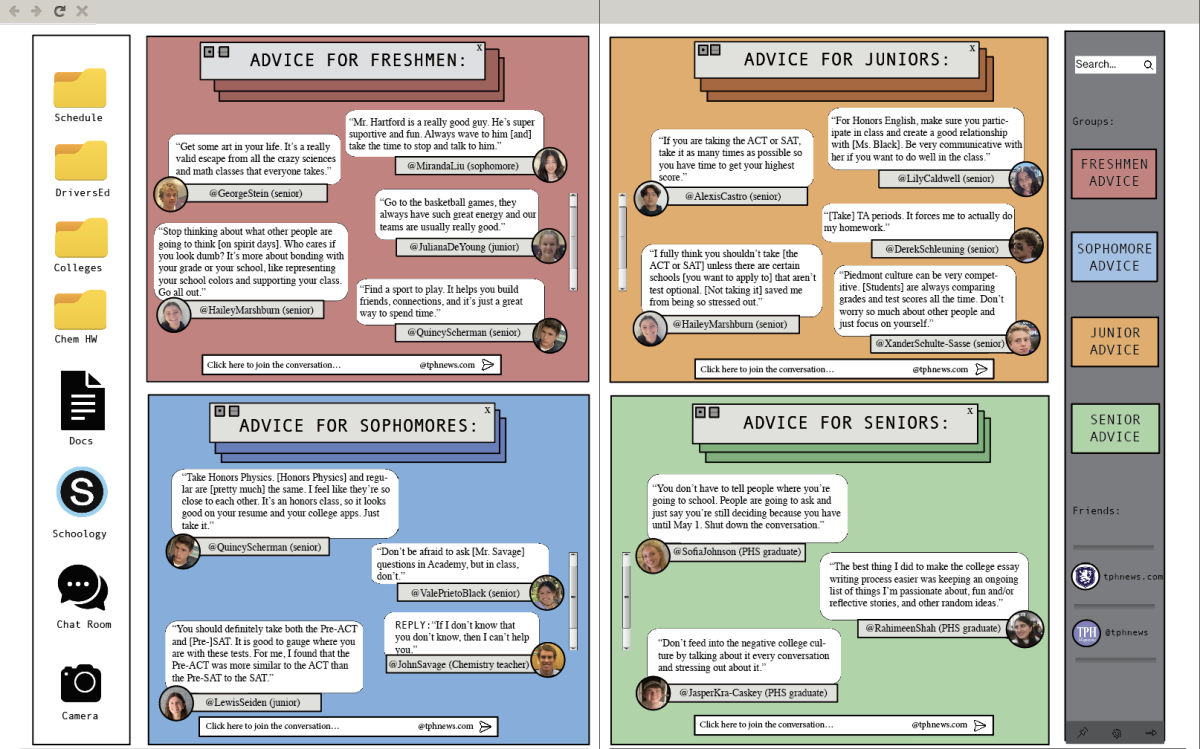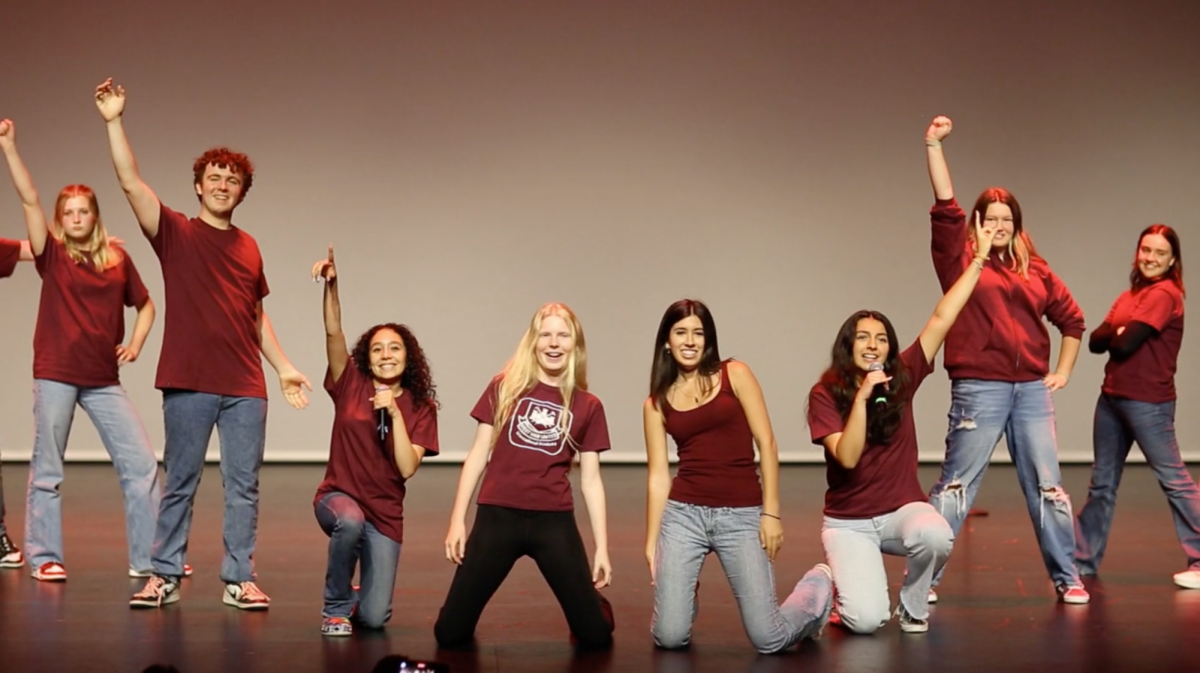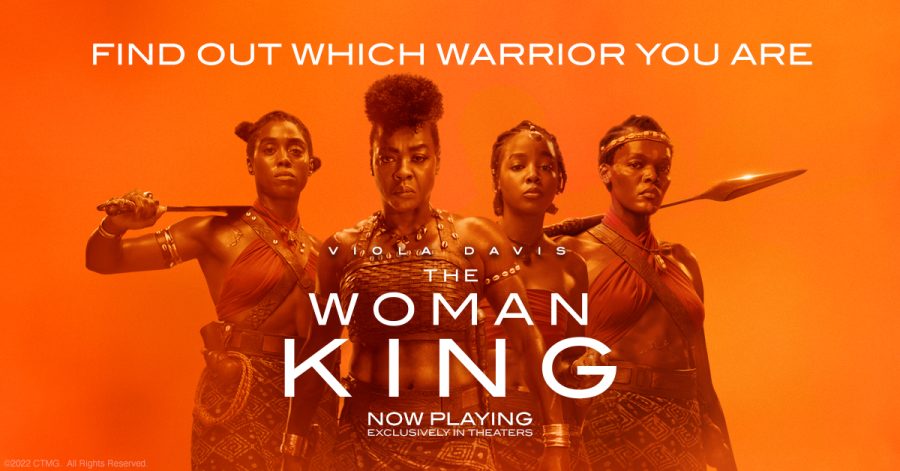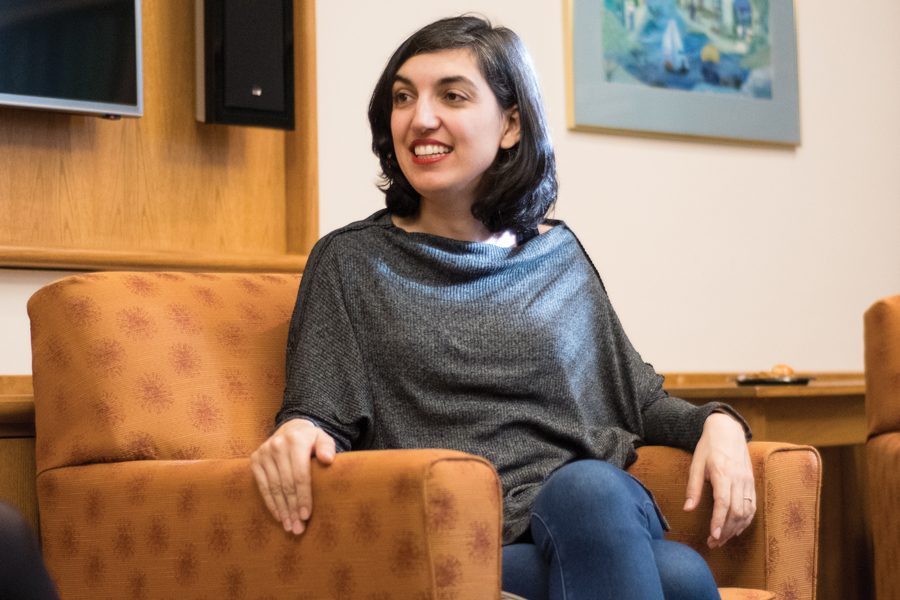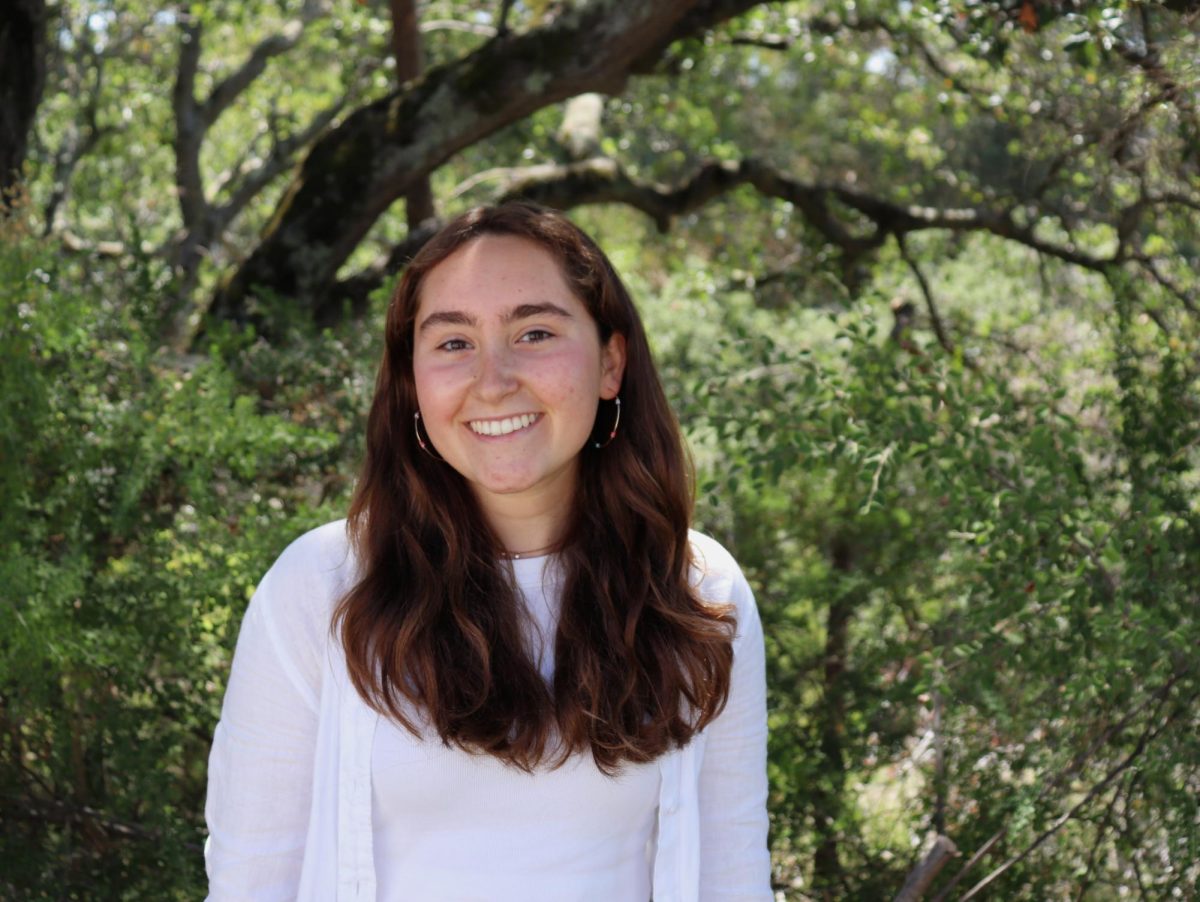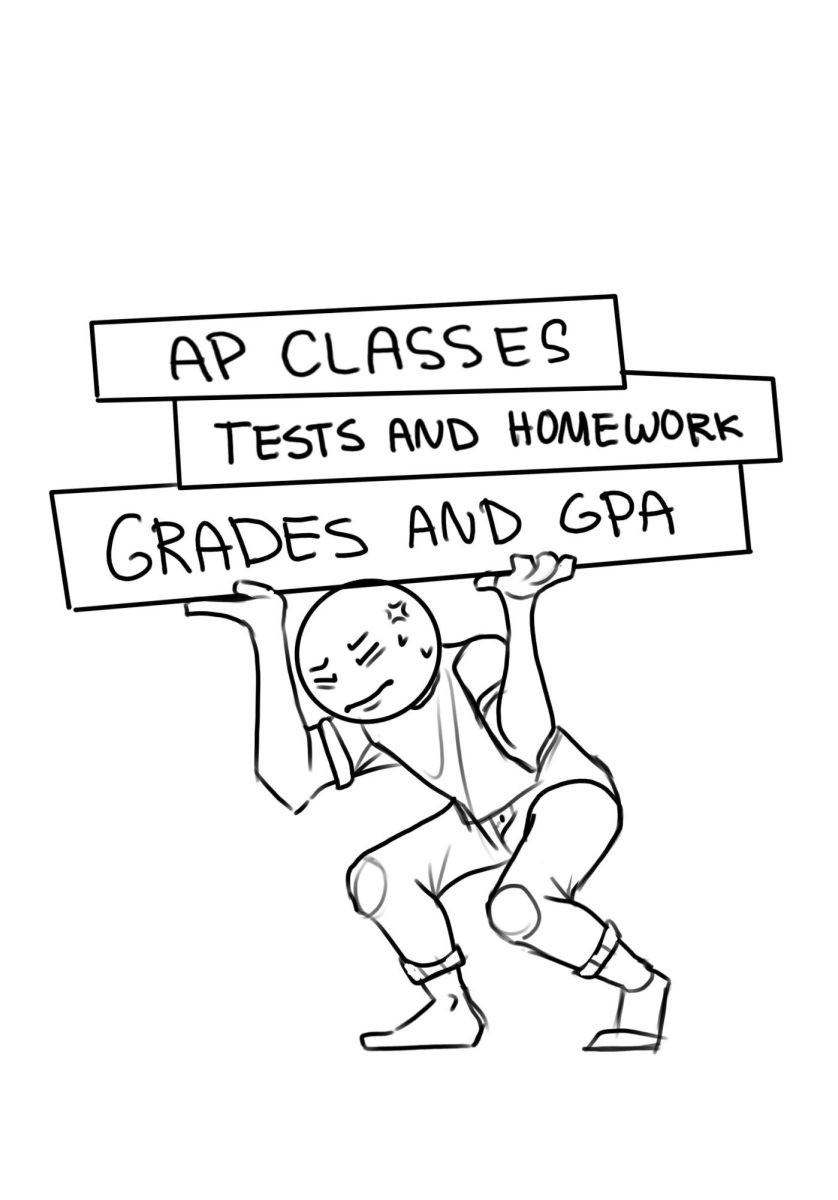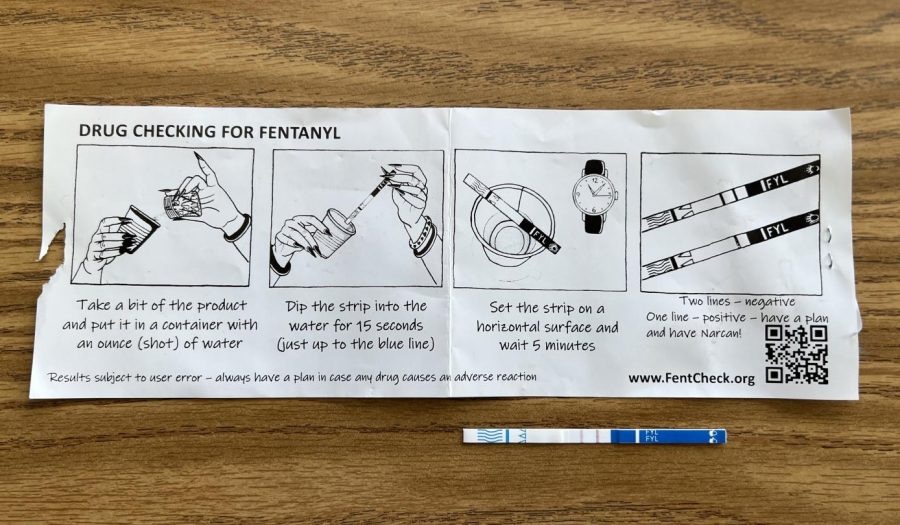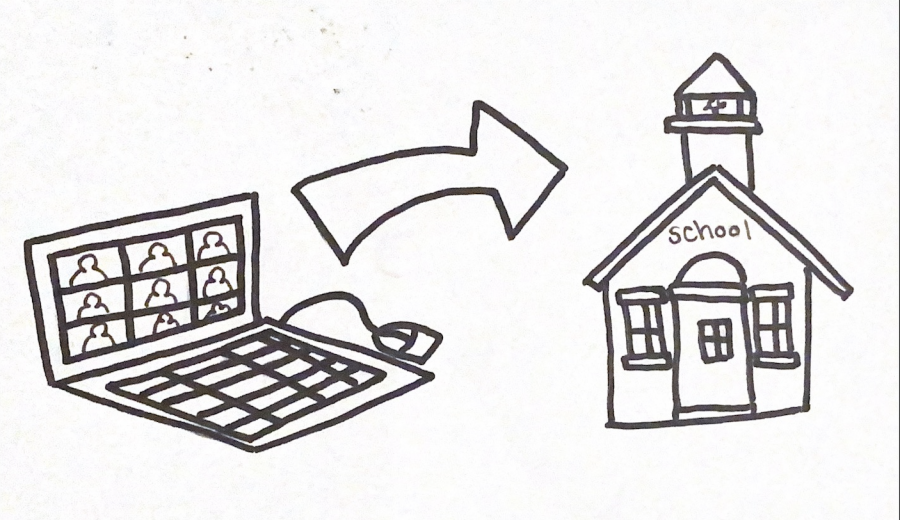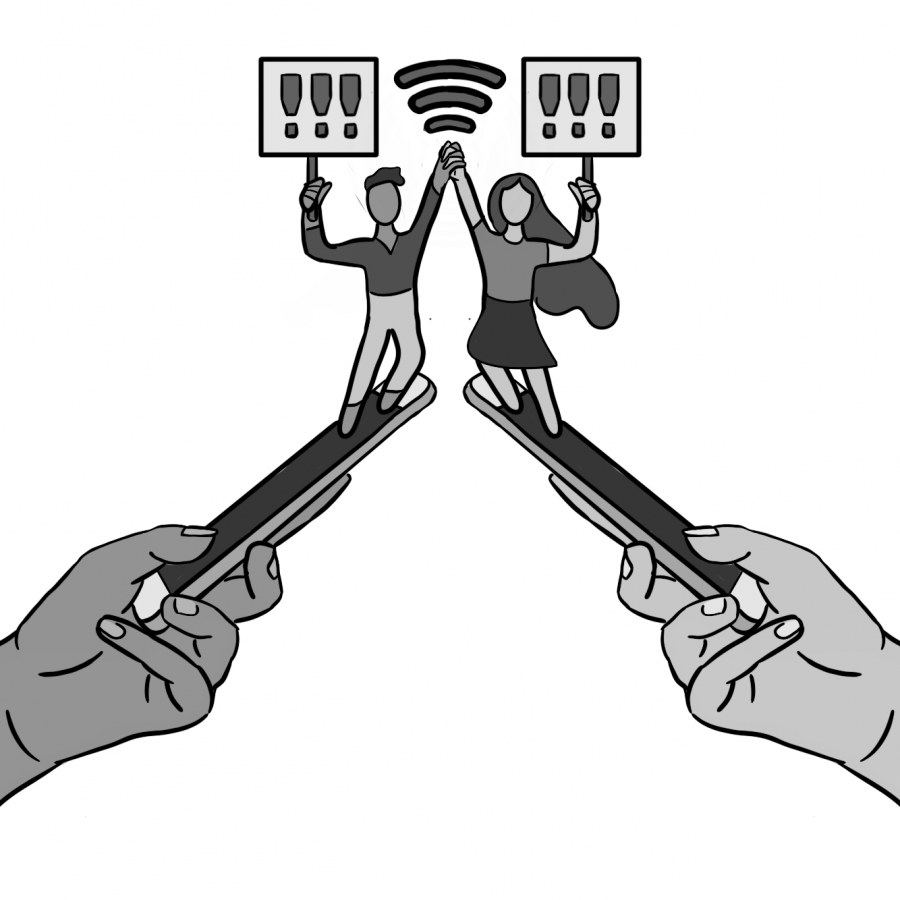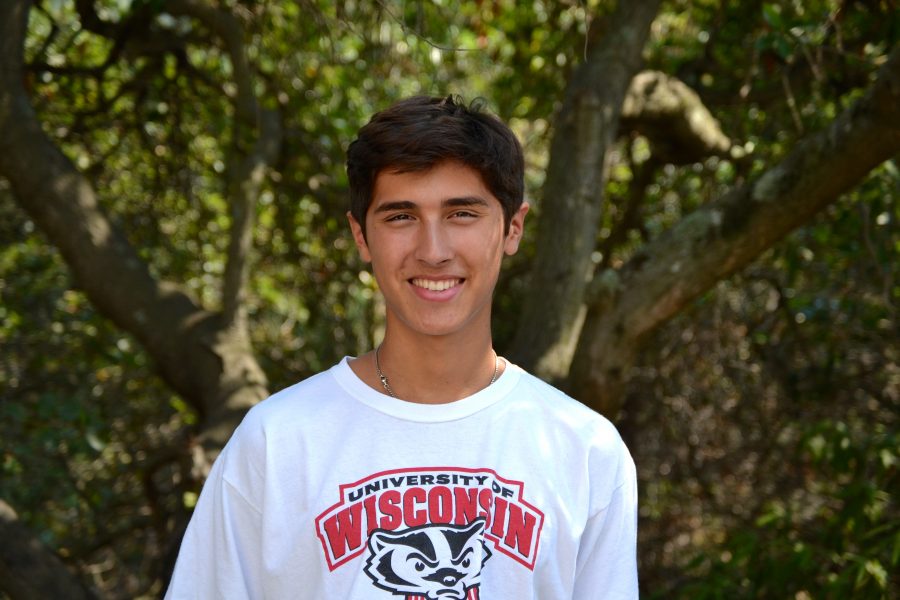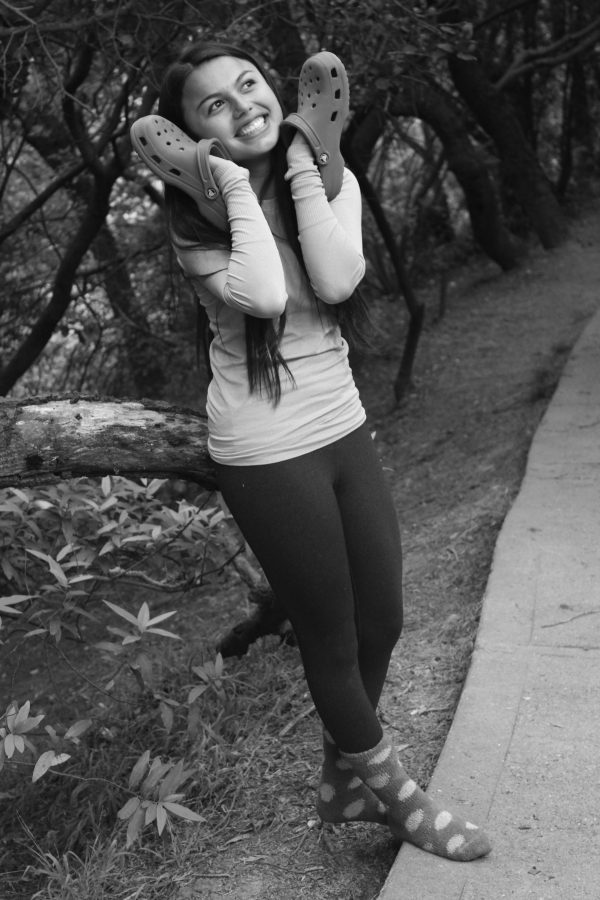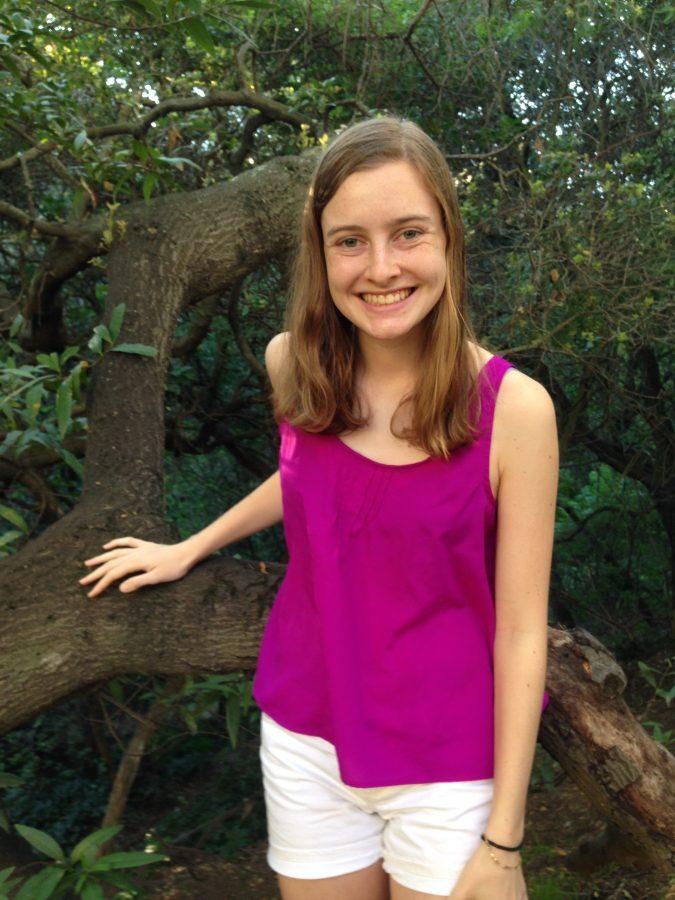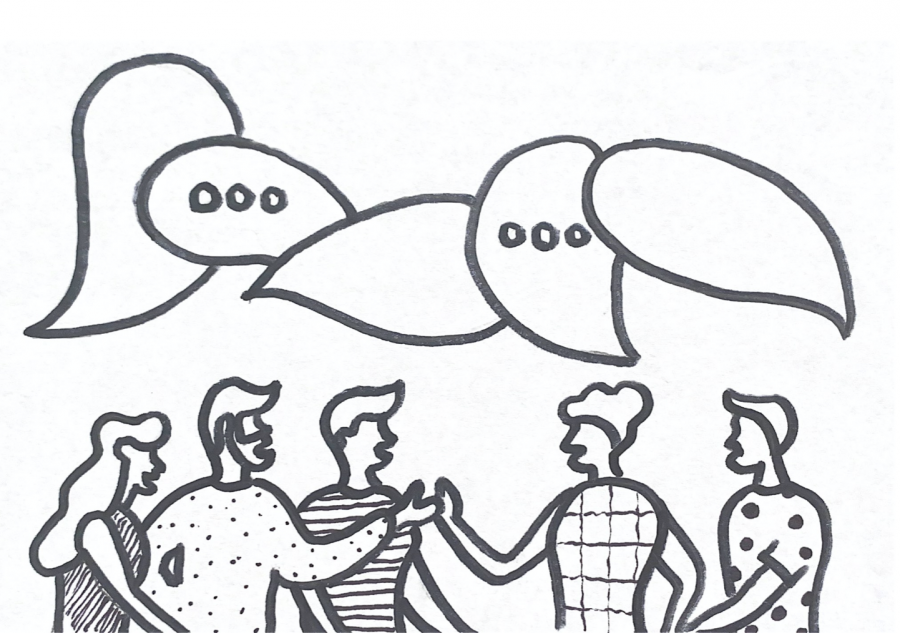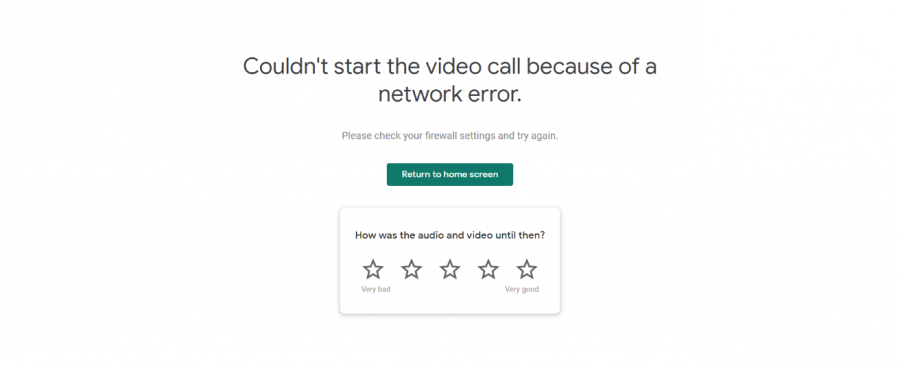Note: this editorial originally appeared in TPH’s print magazine (Volume 107, Issue 1) on Sept. 30, 2020. It is being uploaded to this website for archive and reference purposes.
In the past few months, the posts that generally signify summer for PHS students—oversaturated pictures of aqua blue beaches, blurry posts from parties, and, of course, close-up pictures of food—have been erased from their usual, annual spots on students’ Instagram feeds. Instead, reposted infographics from political campaign accounts, videos of brutal violence, and a heightened awareness of current events have been driving our student body towards activism in all forms, from involvement in the local debate over the viral risk of reopening school to the national response to social justice movements.
But there is a right way to be an activist.
Several accounts that have gained large followings have helped share student stories, fostering awareness in lesser-known issues. However, a number of accounts with small audiences have been calling out and name-dropping fellow students for the sake of pure gossip and rumor, poisoning the water in this new wave of student activism. Whether done with malice or by poor execution, ill-guided activism holds our community back from bringing substantial, constructive change; it stops us from giving attention to the actual issues plaguing our school; it taints the image of what the fight for change looks like.
Between the personal attacks against other students in comment sections and entire accounts dedicated to “outing” others for their beliefs, students this summer have found a multitude of ways to tear each other down in the name of influencing social and political change, failing to realize that demonizing their own classmates does not make them angels.
Holding the right people accountable for the right reasons is not the same as pushing others down.
Activism is more than complaints, and acting on gut reactions without proper knowledge of the issue at hand is detrimental to any cause. Shaming people will not change their minds, but educating them will; insisting that there are problems in our culture does not prove your point, but telling other people’s stories might. True, effective activism has to be purposeful and have a clear mission.
But most importantly, activism has to be a conversation.
Many of these conversations have come in the form of various “safe space” pages—places where students can openly share their experiences in PHS, MHS, and beyond. We are amazed at the dedication our peers have put into starting these much-needed collaborative discussions, especially when our school and homes have been closed to social interaction.
These spaces allow the spotlight to shine on issues that may not be well-known, opening up opportunities for constructive and educational conversation of varying opinions, setting down a stepping stone to further change. Through these stories, what our fellow students have gone through becomes what guides this school forward—these stories provide paths for the community to acknowledge its issues, giving all a better chance to improve.
And for us at TPH, this type of honest sharing is what gives us the chance to investigate and report, providing our community with an objective, truthful look at the problems in our school, even when gossip and rumor spread through the student body.
The unfortunate consequence of building a misguided or malicious movement is not only that no true change will happen, but that controversy and hatred eat us up. With these ill-advised platforms in place, friction only builds between students, driving the divide between groups within this school. The result is that students sidetrack themselves from any genuine issues at hand and forget to ask themselves, “What are we actually trying to change?”
An activist does not only strive towards a clear goal, but also acknowledges that there will be resistance around them—attacking others will not convince them to join a cause, and will instead become roadblocks in bringing ideas to fruition.
The truth is that no one has the moral high ground when these conversations turn rotten; no one is doing the right thing when they do it without a well-defined mission to enact positive change.
While sharing what others post and making accounts on Instagram have become the easiest and most accessible forms of activism, students must stop and think about their intentions in each step they take. Activism requires an active mind—patience is needed to sort through the rumors, lies, and counterproductive posts in our search for effective ones.
So although this summer’s blue beaches were replaced by colorful infographics and eye-opening stories, students must remember that bad activism can be more detrimental than no action at all. All of PHS needs to distinguish the food for thought from the poison of the mind, only supporting movements that are productive to the overarching goal of fixing the issues at hand, no matter which problems they are aiming to remedy.



